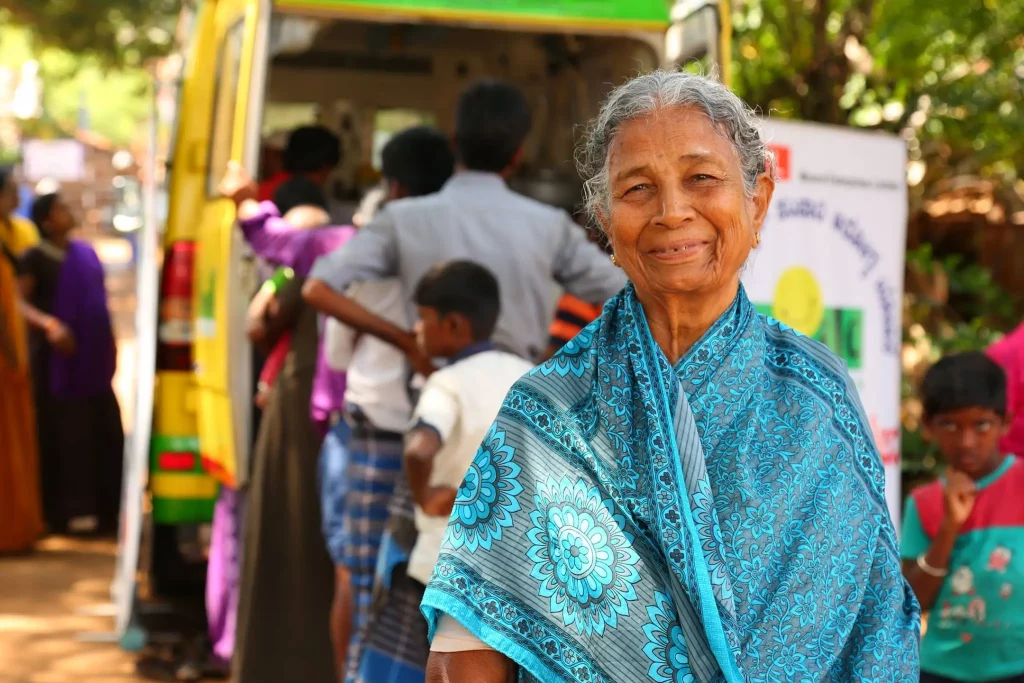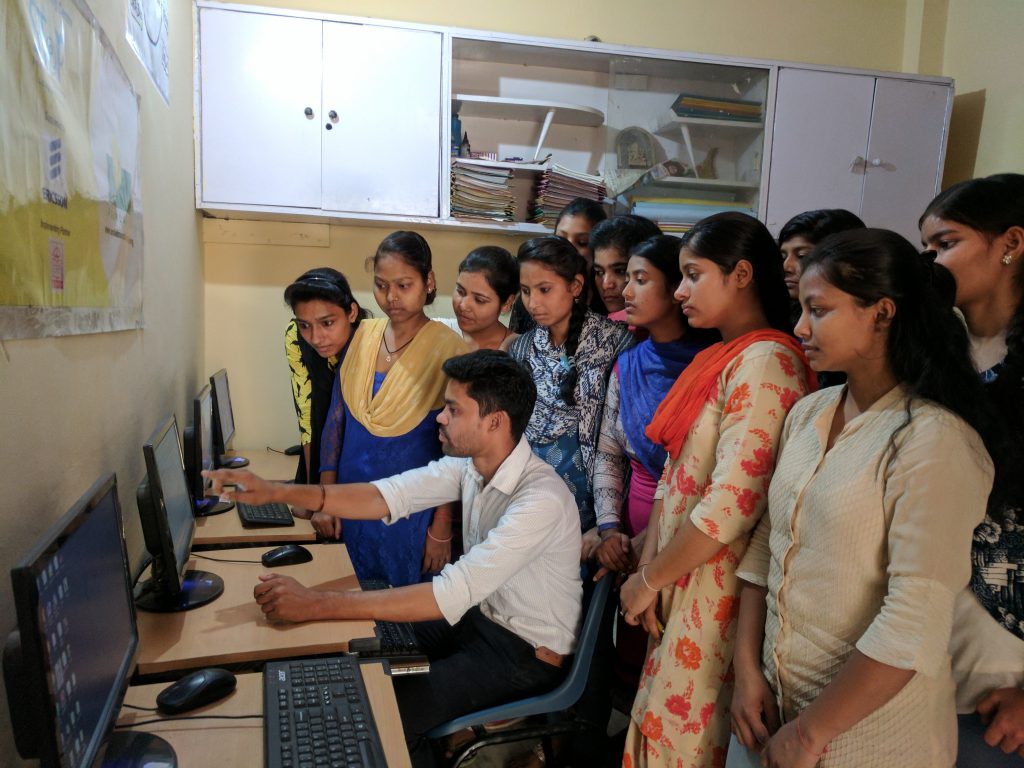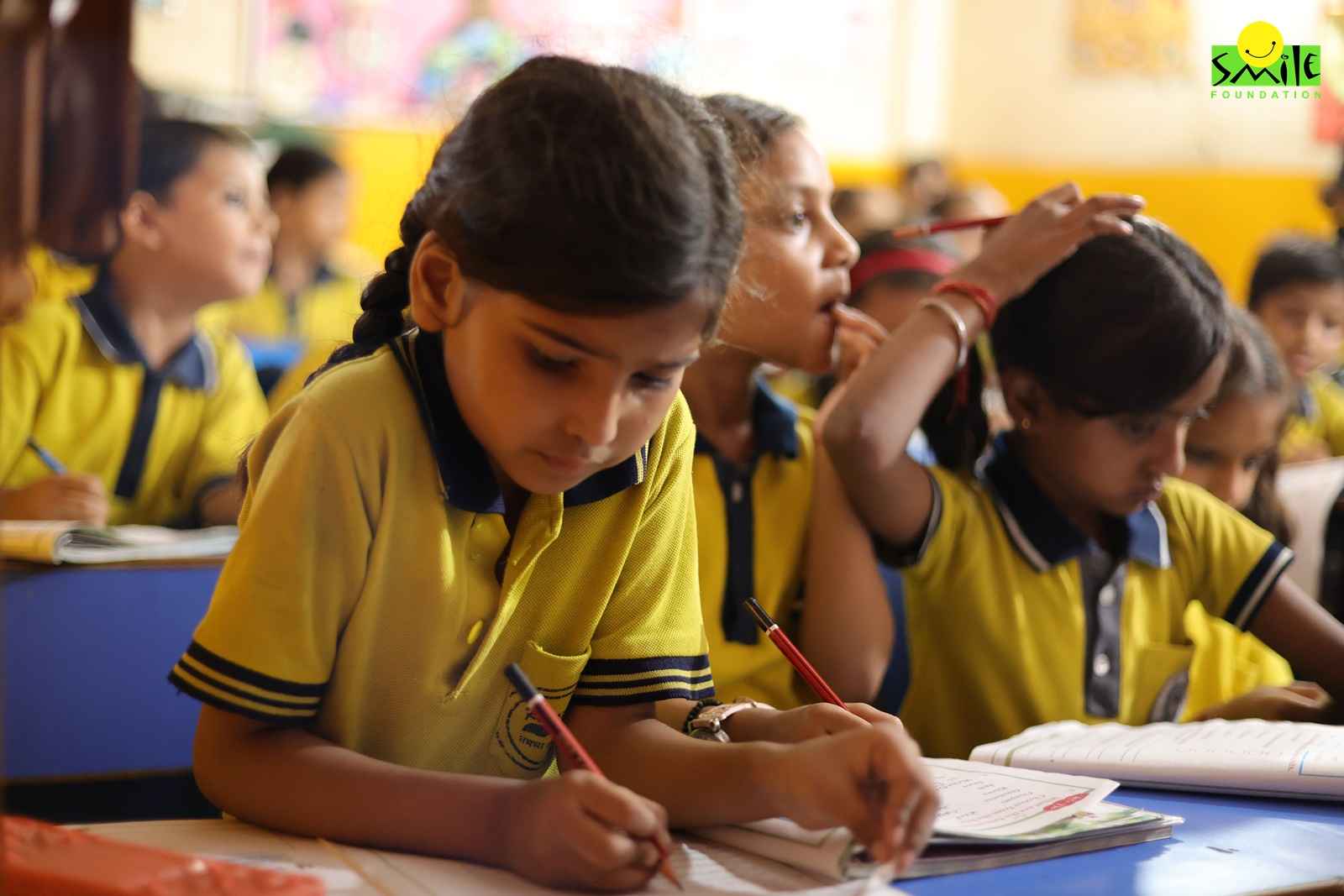In India, healthcare disparities persist, especially among the elderly residing in urban slums and remote rural areas. As the nation progresses, ensuring healthcare reaches every corner becomes imperative, with a particular focus on these often neglected populations. The importance of extending healthcare services to the elderly in such regions cannot be overstated, given the unique challenges they face.
Challenges Faced by the Elderly in Urban Slums and Remote Rural Areas
Limited Access to Healthcare: In urban slums and remote rural areas, healthcare facilities are often scarce. The elderly, who may already face mobility issues, find it challenging to access medical care, leading to delayed diagnoses and inadequate management of health conditions.
Financial Constraints: Many elderly individuals in these areas grapple with financial constraints, making it difficult for them to afford even basic healthcare services. This financial barrier often forces them to prioritize daily necessities over their health.
Lack of Awareness: A prevalent challenge is the lack of awareness about preventive healthcare measures and the importance of regular check-ups. This lack of knowledge often results in preventable illnesses going unnoticed until they reach an advanced stage.
Nonprofit Healthcare Interventions: Bridging the Healthcare Gap:
Nonprofits have been at the forefront of addressing these healthcare challenges, designing interventions that specifically target the elderly in urban slums and remote rural areas.
Mobile Healthcare Units: One innovative solution is the deployment of mobile healthcare units that traverse these hard-to-reach areas. These units like in our Smile on Wheels (SoW) programme bring medical professionals, diagnostic services, and essential medications directly to the doorsteps of the elderly, eliminating barriers related to distance and transportation.
Health Camps and Awareness Drives: Nonprofits conduct health camps and awareness drives to educate the elderly about the importance of regular health check-ups, preventive measures, and lifestyle modifications. These initiatives not only diagnose existing health issues but also empower individuals to take charge of their well-being.
Smile on Wheels (SoW) Programme of Smile Foundation
Our Smile on Wheels (SoW) programme embodies a holistic approach, recognizing that health is not merely the absence of disease but a state of complete physical, mental, and social well-being. By reaching the elderly at their doorsteps, the programme is not just providing healthcare; it is fostering a sense of community and ensuring that every individual, regardless of their geographic location or economic status, has the right to dignified and accessible healthcare.
In conclusion, reaching the elderly in India’s urban slums and remote rural areas ensures a healthier and more equitable society. Nonprofit healthcare interventions, like the Smile on Wheels (SoW) initiative of Smile Foundation, play a pivotal role in overcoming the challenges faced by these vulnerable populations, offering a ray of hope and improved well-being for our senior citizens.









